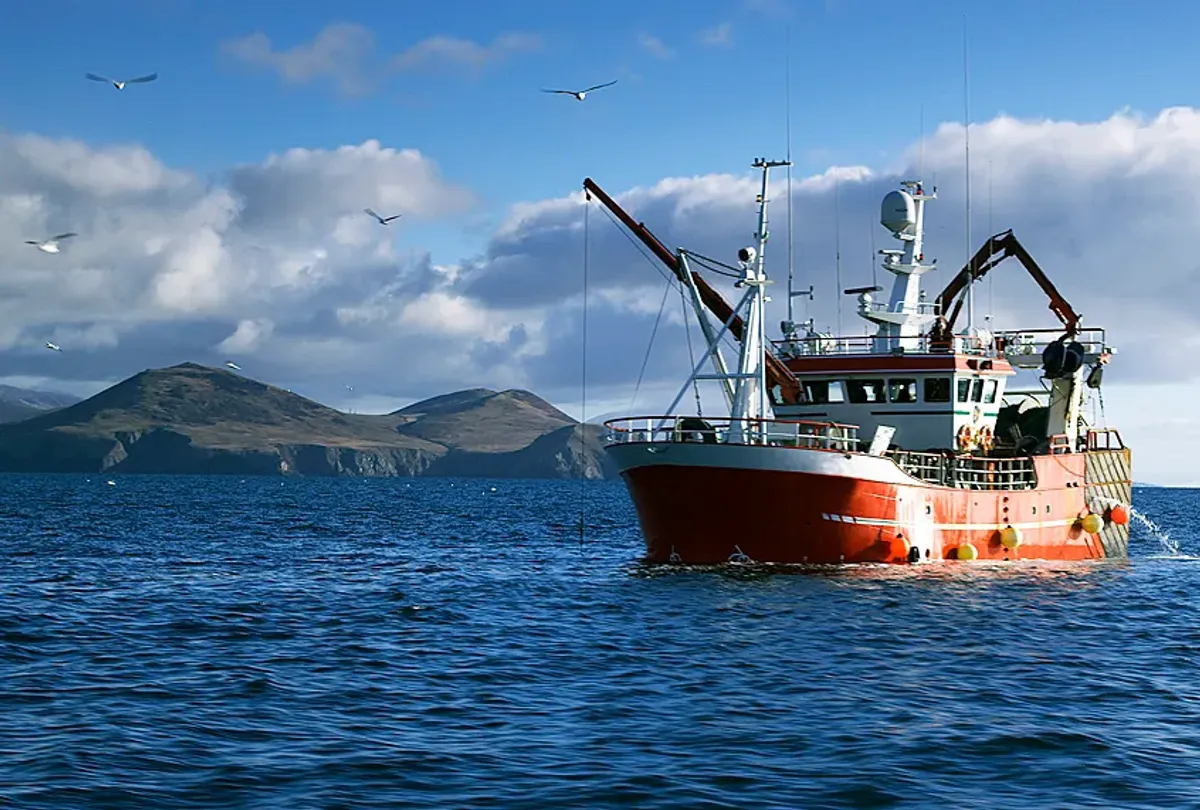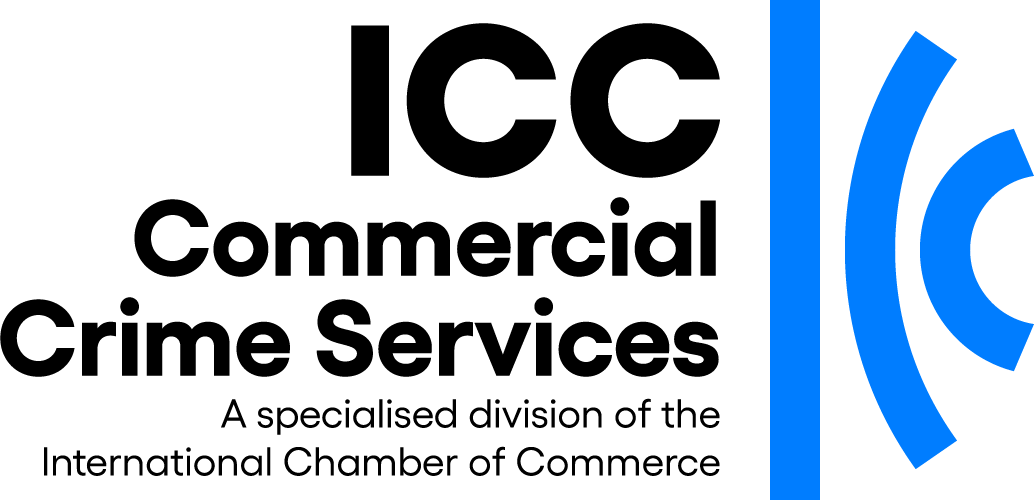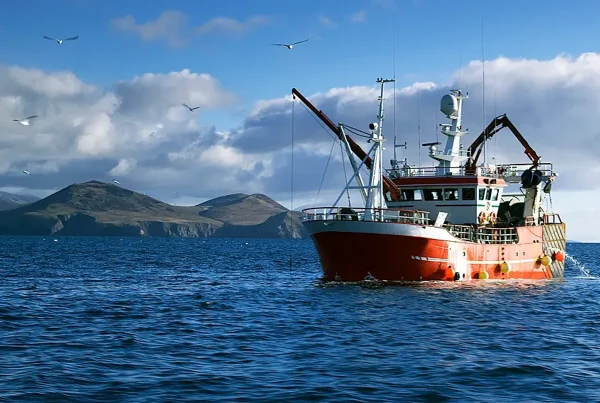
 The International Chamber of Commerce’s International Maritime Bureau (IMB) has revealed that piracy on the world’s seas is at its lowest first-quarter level since 2007, but warns that the threat is still present.
The International Chamber of Commerce’s International Maritime Bureau (IMB) has revealed that piracy on the world’s seas is at its lowest first-quarter level since 2007, but warns that the threat is still present.
 The International Chamber of Commerce’s International Maritime Bureau (IMB) has revealed that piracy on the world’s seas is at its lowest first-quarter level since 2007, but warns that the threat is still present.
The International Chamber of Commerce’s International Maritime Bureau (IMB) has revealed that piracy on the world’s seas is at its lowest first-quarter level since 2007, but warns that the threat is still present.
The latest IMB Piracy Report, published today, shows 49 piracy incidents in the first quarter of 2014 – the lowest first quarter figure since 2007, when 41 incidents were recorded.
In the first three months, two vessels were hijacked, 37 vessels boarded, five vessels fired upon and five attempted attacks were reported. Forty-six crewmembers were taken hostage and two kidnapped from their vessel.
Off Somalia, five incidents were reported – the same number as the first quarter of 2013. In 2014, three attempted attacks were recorded and two vessels fired upon. IMB Director Pottengal Mukundan stated “Although the number of attacks continues to remain low, the threat of Somali piracy is still clearly evident.”
The report cites the example of an incident in January 2014 when a Panamax sized product tanker was fired upon approximately 115NM south of Salalah, Oman from a skiff launched from a mother vessel. The attack was repelled and the international navies subsequently intercepted the mother ship – an Indian dhow which itself had been hijacked a few days previously. Eleven Indian crewmembers were freed and five suspected pirates apprehended. This incident demonstrates the essential role of the international navies in containing the threat of Somali piracy and why their presence must be maintained despite the drop in attacks.
“There can therefore be no room for complacency” continued Mukundan “as it will take only one successful Somali hijacking for the business model to return. Masters are, therefore advised to maintain vigilance and adhere to the latest Best Management Practices recommendations.”
Off West Africa, 12 reports were recorded including the hijacking of two vessels with 39 crew taken hostage and two crew kidnapped from their vessel. Nigeria accounts for six incidents including the hijacking of a supply vessel, which was used unsuccessfully to hunt for other potential vessels to hijack. Mukundan commented “ As in previous years there has been a significant number of attacks which have gone unreported in the first quarter of 2014. These vessels may be used by pirates to conduct attacks on other vessels.”
Angola saw its first reported hijacking in the first quarter of 2014 demonstrating the increased range and capability of Nigerian piracy if left unchecked. The incident involved armed pirates boarding and hijacking a loaded tanker from Luanda anchorage, Angola. The pirates stole a large quantity of the tanker’s gas oil cargo in three separate STS operations. The vessel was under the control of suspected Nigerian pirates for over a week before the owner regained contact, off Nigeria, approximately 1200 NM from the initial boarding. One crewmember was injured during the incident.
Elsewhere, Indonesia ranks as the country with the highest number of attacks with 18 reports compared with 25 in the first quarter of 2013. Vessels were boarded in all the incidents. Whilst these are predominantly low level thefts from vessels seven crewmembers were taken hostage in five incidents, while in four incidents it was reported that the robbers were armed with guns. The report commends the actions of the Indonesian Marine Police which launched regular patrols of the higher risk anchorages in an effort to bring down the number of incidents.
IMB offers the latest piracy reports free of charge. To request a PDF version of the report by email, please visit: http://www.icc-ccs.org/piracy-reporting-centre/request-piracy-report
Latest attacks may also be viewed on the IMB Live Piracy Map at: http://www.icc-ccs.org/piracy-reporting-centre/live-piracy-map






